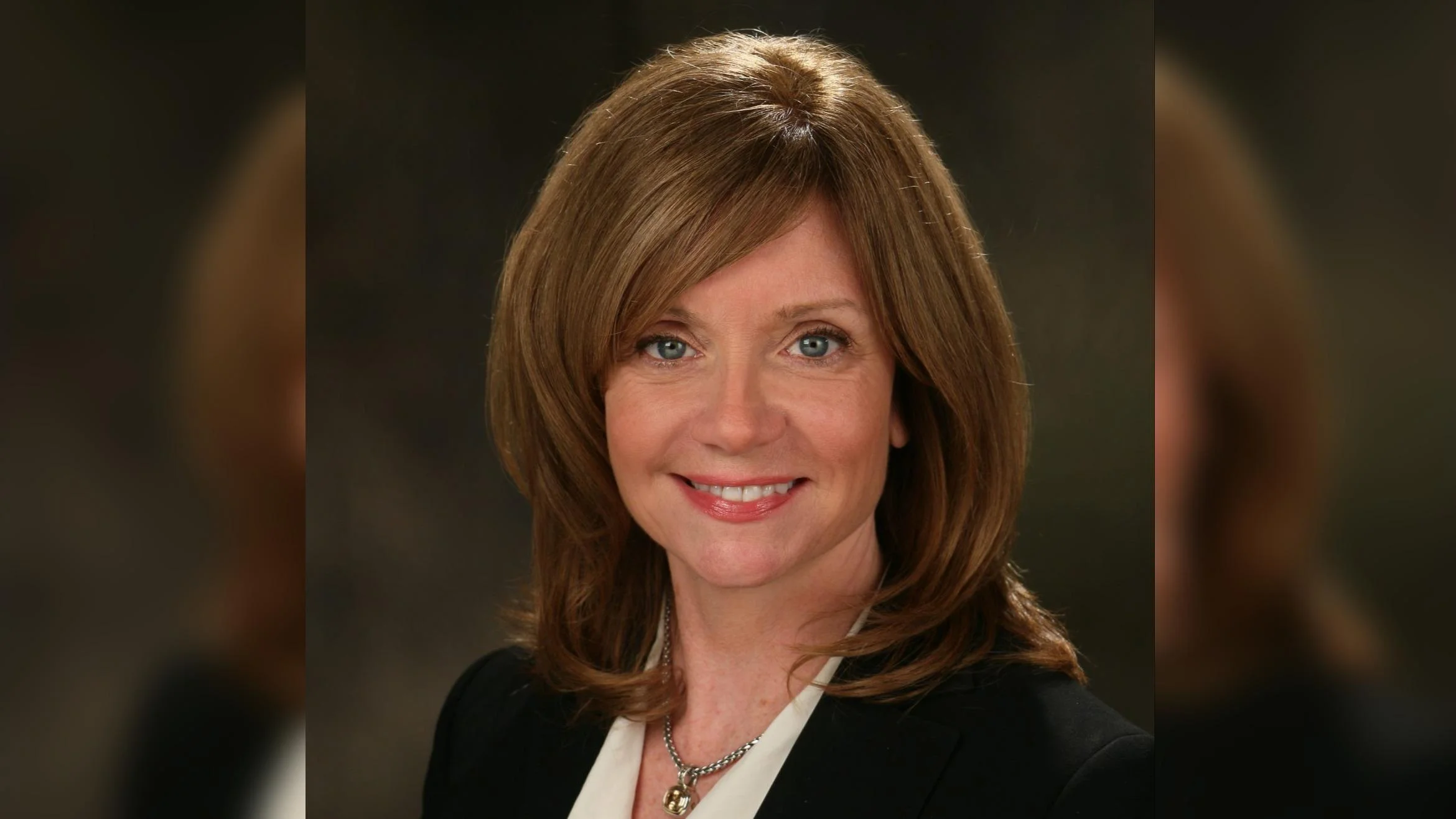
Majorities of New Jersey voters express concerns over the increasing affordability issues of housing and utilities, according to a new poll by the William J. Hughes Center for Public Policy at Stockton University. Conducted between April 10-14 with 667 registered voters and a margin of error of +/- 3.8 percentage points, the poll highlights various public opinions on state budget and policy matters.
Alyssa Maurice, Head of Research at the Hughes Center, emphasized the importance of understanding voter sentiments, saying, “In an election year, especially, it’s important to understand where the voters stand on some of the top issues in New Jersey. This gives policymakers a blueprint.”
To address the state’s budget deficit, voters were presented with several revenue-increasing and cost-cutting strategies, some of which are included in Governor Phil Murphy’s 2026 state budget. Raising taxes on online gambling and sports betting was the most favored approach, supported by 58% of respondents, followed by raising taxes on wealthy individuals at 55%. Just under half of the respondents backed raising taxes on cigarettes, alcohol, and corporations. Notably, online gambling remains relatively unpopular among voters, with Maurice noting, “Online gambling rates are still pretty low among voters at-large, so that helps shed some light on why that’s a tax hike they’re largely fine with.”
Housing and utilities remain major concerns, with 76% of voters noting worsening housing affordability and 67% reporting deteriorating utility affordability. A significant majority of respondents from different political affiliations believe that the government should take more action to increase affordable housing and make utilities more accessible. Policies such as increasing property tax relief find widespread support, with 62% approval, the highest amongst suggested policies.
On the topic of congestion pricing, 63% of voters oppose its implementation in cities like New York or Philadelphia, especially Republicans, who oppose it at 83%. Conversely, support for a ban on cell phones in K-12 schools is more evenly split, with 50% in favor. Opinions vary on execution, with a 40% plurality advocating restrictions during classroom periods only, while a smaller percentage supports more stringent measures.
The poll provides a nuanced snapshot of voter priorities and could guide policymakers in aligning state actions with electoral preferences.
For detailed findings, readers are directed to the full poll results.